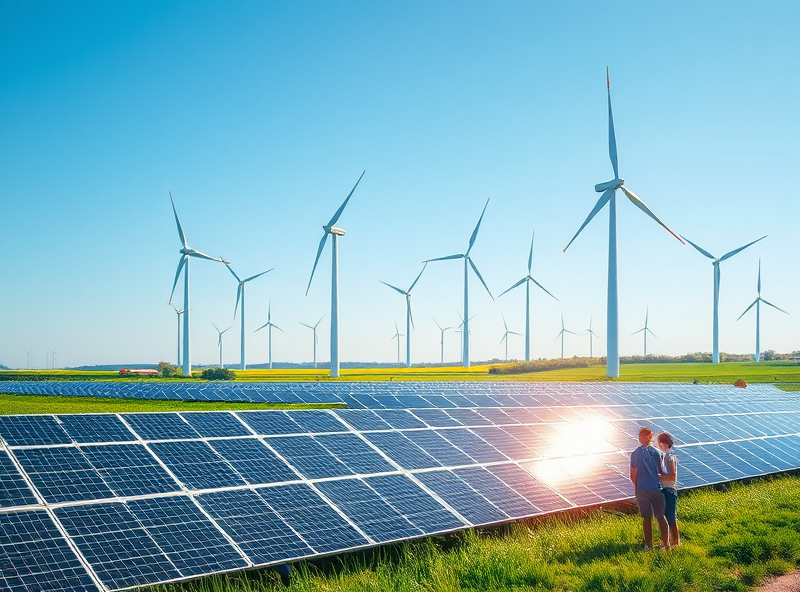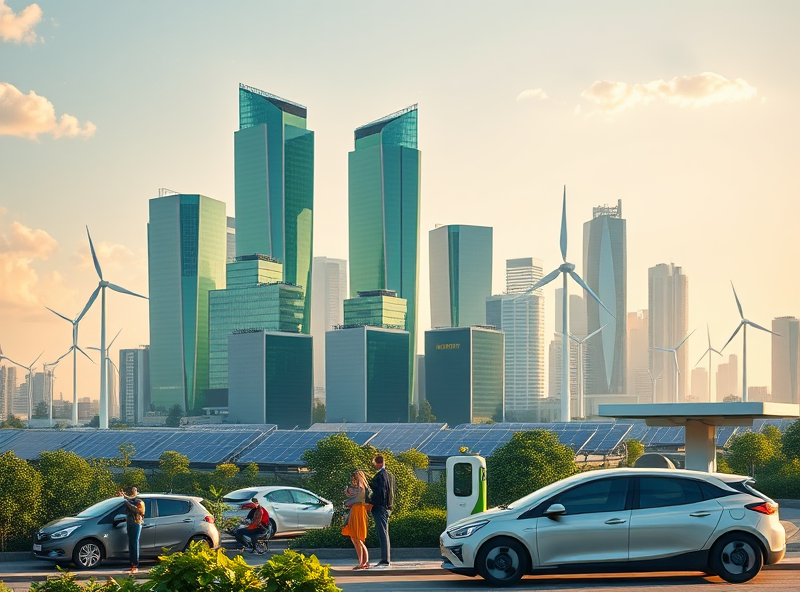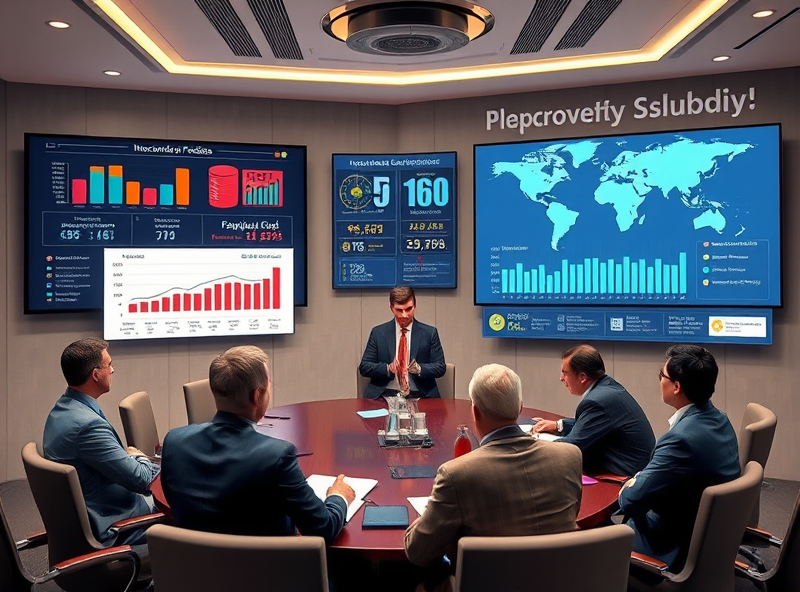Environmental Regulations and Renewable Energy Policies

Governments around the world are increasingly recognizing the importance of environmental regulations and renewable energy policies in fostering sustainable development. These policies aim to reduce greenhouse gas emissions, promote clean energy, and protect natural ecosystems, all while driving economic growth. For instance, many countries have implemented carbon pricing mechanisms, such as carbon taxes or cap-and-trade systems, to incentivize businesses to reduce their emissions. Additionally, subsidies and tax incentives for renewable energy projects, like solar and wind power, have made it more affordable for companies and individuals to transition to greener energy sources.
These regulations not only help combat climate change but also create opportunities for innovation and job creation in the renewable energy sector. For example, investments in wind turbine manufacturing or solar panel installation have generated thousands of jobs worldwide. Moreover, stricter environmental standards encourage businesses to adopt sustainable practices, such as energy-efficient technologies and waste reduction strategies, which can lead to long-term cost savings.
By supporting these policies, individuals can also play a role in promoting sustainability. Simple actions like choosing renewable energy providers, advocating for stronger environmental laws, or adopting energy-efficient appliances can make a significant difference. Together, these efforts contribute to a cleaner, healthier planet for future generations.
Financial Incentives and Government Investment

Governments around the world are playing a crucial role in driving sustainable development by offering financial incentives and making strategic investments. These incentives come in various forms, such as tax credits, subsidies, and grants, aimed at encouraging businesses and individuals to adopt eco-friendly practices. For instance, many governments provide tax breaks for companies that invest in renewable energy technologies like solar panels or wind turbines. Similarly, individuals who purchase electric vehicles (EVs) often benefit from rebates or reduced registration fees, making sustainable choices more affordable.
In addition to financial incentives, governments are also channeling significant investments into green infrastructure projects. These include funding for public transportation systems, renewable energy plants, and energy-efficient building initiatives. Such investments not only reduce carbon emissions but also create jobs and stimulate economic growth. By prioritizing sustainability in their budgets, governments are setting a strong example for private sectors and communities to follow.
Ultimately, these policies aim to make sustainable choices accessible and appealing, fostering a collective effort toward a greener future. Whether you’re a business owner, a homeowner, or simply someone looking to make more eco-conscious decisions, understanding these incentives can help you take advantage of the opportunities available to contribute to a sustainable world.
Education and Research Development for Sustainability

Education and research play a pivotal role in driving sustainable development across the globe. By fostering awareness, innovation, and practical solutions, they empower individuals and communities to address pressing environmental, social, and economic challenges. Governments worldwide are increasingly recognizing the importance of integrating sustainability into education systems and research initiatives. For instance, incorporating sustainability-focused curricula in schools and universities helps nurture environmentally conscious citizens who can make informed decisions. Moreover, research institutions are being encouraged to explore renewable energy technologies, sustainable agriculture, and waste management systems to create scalable solutions for a greener future.
One inspiring example is the rise of interdisciplinary programs that combine science, technology, and social studies to tackle sustainability issues holistically. These programs equip students with the skills needed to collaborate across sectors and innovate effectively. Additionally, governments are providing grants and funding to support research projects aimed at combating climate change and promoting sustainable practices. This investment not only accelerates progress but also creates opportunities for new jobs and industries centered around sustainability. By prioritizing education and research, we can build a more sustainable and equitable world for future generations.
Institutional Frameworks for Sustainable Development

Institutional frameworks play a pivotal role in advancing sustainable development. These frameworks are essentially the backbone of global, national, and local efforts to ensure a balanced approach to economic growth, environmental protection, and social equity. Governments, international organizations, and private sectors collaborate to create policies, guidelines, and mechanisms that promote sustainability. For instance, institutions like the United Nations have established frameworks such as the Sustainable Development Goals (SDGs), which serve as a universal blueprint for addressing global challenges like poverty, inequality, and climate change. On a national level, governments often create specialized agencies or departments dedicated to sustainability, ensuring that policies are implemented effectively and progress is monitored. Local governments and communities also play a crucial role by tailoring these frameworks to address specific regional challenges. By fostering collaboration, transparency, and accountability, institutional frameworks help create a cohesive and unified approach to sustainable development, benefiting both people and the planet.



